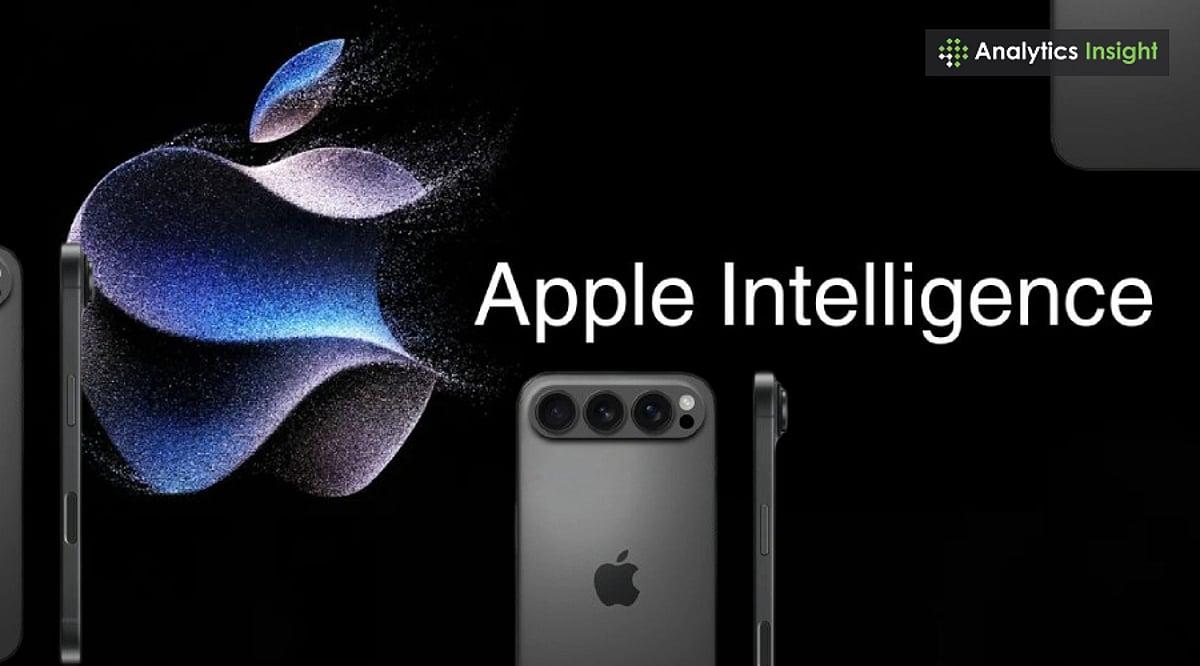Apple's Strategic Move: Launching Apple Intelligence in China Amid Geopolitical Tensions
2 Sources
2 Sources
[1]
Report: Apple planning to launch Apple Intelligence in China before end of 2025 - 9to5Mac
Since launching Apple Intelligence in 2024, Apple has been working to release the set of features in China, the largest smartphone market in the world. But, from the very start, they have faced pressure from both China and the United States. Now they might finally be close to launching. One of the primary issues Apple is facing is that any company looking to launch generative AI product in the country must have approval from a local regulator. In order to get this approval, Apple is effectively forced to partner with a local company for AI technology, as products like OpenAI's ChatGPT and Google's Gemini are not available there. As a result of this, Apple has partnered with Alibaba, which was announced earlier this year by Alibaba Group chairman Joe Tsai. Following that partnership, Apple had hoped to launch Apple Intelligence in China in the middle of this year. Unfortunately, that plan hit further snags after China held up approvals, reportedly as a result of the US-China trade war. In the United States, the government has also been concerned about potential national security implications of this deal: Representative Raja Krishnamoorthi, a senior member of the House Intelligence Committee, called the deal "extremely disturbing". He warns that Apple could be enabling a company closely tied to the Chinese Communist Party's, much like the fears over TikTok that got it banned-but-not-quite in the U.S. "The United States is in an AI race with China, and we just don't want American companies helping Chinese companies run faster," added Greg Allen, the director of the Wadhwani A.I. Center at the Center for Strategic and International Studies. Despite these challenges and setbacks, Apple has continued to move forward and is hard at work on launching Apple Intelligence in China. According to today's Power On newsletter by Mark Gurman, Apple is planning to finally launch the features in China by the end of this year:
[2]
Apple Plans China Debut for Apple Intelligence Alongside iPhone 17 Release
Apple is counting on to revive iPhone 17 momentum. China represents a vital iPhone market, and the absence of Apple Intelligence has hurt performance. CEO Tim Cook links these missing AI features to slow growth in the region. The is central to this plan. Apple will host the "Awe Dropping" event on September 9. The timing aligns neatly with China's rollout and the company's advertising measures. Analysts expect Apple Intelligence to turn the tide amid competition from Huawei, Xiaomi, and Oppo. Even with Alibaba's support, approval may stretch longer than planned. Apple hopes to finish regulatory reviews by the end of the year. Success would mark the first entry of a US big-tech AI system in China. OpenAI, Google, and Microsoft remain blocked there. This strategy blends innovation with diplomacy. Apple Intelligence's could restore credibility in the region. The Alibaba collaboration shows adaptability under pressure. Apple's September event might just become one of its biggest geopolitical and technological milestones in terms of the company's reach and product advancement.
Share
Share
Copy Link
Apple plans to introduce its AI-powered Apple Intelligence in China by late 2025, partnering with Alibaba to navigate regulatory challenges and revitalize iPhone sales in the world's largest smartphone market.
Apple's Strategic Push into China's AI Market
Apple is making a bold move to introduce its AI-powered feature set, Apple Intelligence, to the Chinese market by the end of 2025. This initiative comes as part of Apple's strategy to reinvigorate its presence in the world's largest smartphone market, where the absence of AI features has reportedly hindered iPhone sales growth
1
2
.Regulatory Challenges and Partnerships
To navigate China's strict regulatory landscape, Apple has formed a strategic partnership with Chinese tech giant Alibaba. This collaboration, announced earlier this year by Alibaba Group chairman Joe Tsai, is crucial for Apple to gain the necessary approvals for launching a generative AI product in China
1
.The partnership is a response to China's requirement that companies seeking to launch AI products must obtain approval from local regulators and collaborate with domestic firms. This policy has effectively blocked other major AI players like OpenAI's ChatGPT and Google's Gemini from entering the Chinese market
1
.Geopolitical Tensions and Security Concerns
Apple's plans have not been without controversy. The ongoing US-China trade war has complicated the approval process, causing delays in Apple's initial timeline for a mid-2025 launch
1
. Moreover, the partnership has raised eyebrows in the United States, with concerns about national security implications:- Representative Raja Krishnamoorthi, a senior member of the House Intelligence Committee, described the deal as "extremely disturbing," drawing parallels to the controversies surrounding TikTok
1
. - Greg Allen, director of the Wadhwani A.I. Center at the Center for Strategic and International Studies, emphasized the competitive nature of AI development between the US and China, cautioning against American companies aiding Chinese technological advancement
1
.
Related Stories
Apple's Market Strategy and Future Plans
Despite these challenges, Apple remains committed to its China strategy. The company views the introduction of Apple Intelligence as critical to reversing the slowdown in iPhone sales in the region. CEO Tim Cook has directly linked the absence of these AI features to the company's sluggish growth in China
2
.
Source: 9to5Mac
Apple is planning a significant product launch event, dubbed "Awe Dropping," scheduled for September 9, 2025. This event is expected to showcase the iPhone 17 alongside the debut of Apple Intelligence in China, marking a crucial moment for the company's global AI strategy
2
.Potential Impact and Industry Implications
If successful, Apple's entry into China's AI market would represent a significant milestone, making it the first US big-tech AI system to gain approval in the country. This move could potentially shift the competitive landscape in China's smartphone market, where Apple faces stiff competition from local brands like Huawei, Xiaomi, and Oppo
2
.Analysts are optimistic about the potential impact of Apple Intelligence on the company's performance in China. The successful launch could not only boost iPhone sales but also enhance Apple's credibility and technological standing in the region
2
.
Source: Analytics Insight
As Apple navigates these complex waters, balancing innovation, regulatory compliance, and geopolitical sensitivities, the tech industry watches closely. The outcome of this venture could set important precedents for international AI collaborations and market access in an increasingly divided global tech landscape.
References
Summarized by
Navi
[1]
[2]
Related Stories
Apple Partners with Alibaba to Bring Adapted AI Features to iPhones in China
12 Feb 2025•Technology

Apple Intelligence Faces Hurdles in China: Privacy Concerns and Technical Challenges with Baidu Partnership
05 Dec 2024•Technology

Apple Faces Regulatory Hurdles for AI Launch in China, Considers Local Partnerships
26 Nov 2024•Business and Economy

Recent Highlights
1
ByteDance's Seedance 2.0 AI video generator triggers copyright infringement battle with Hollywood
Policy and Regulation

2
Demis Hassabis predicts AGI in 5-8 years, sees new golden era transforming medicine and science
Technology

3
Nvidia and Meta forge massive chip deal as computing power demands reshape AI infrastructure
Technology





